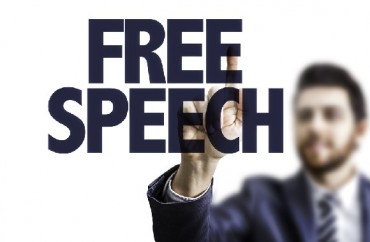
University of California instructor offers poorly-researched case against free speech
With the country currently embroiled in a debate about freedom of expression, one college instructor is advocating that a premier civil rights organization should “rethink how it understands free speech.”
“By insisting on a narrow reading of the First Amendment,” writes UCLA fellow K-Sue Park in The New York Times, “the [ACLU] provides free legal support to hate-based causes.
“More troubling, the legal gains on which the ACLU rests its colorblind logic have never secured real freedom or even safety for all.”
According to Park, the ACLU’s even-handed approach to defending free speech for everyone “implies that the country is on a level playing field, that at some point it overcame its history of racial discrimination to achieve a real democracy.”
On the contrary, she claims: “For marginalized communities, the power of expression is impoverished for reasons that have little to do with the First Amendment.”
One way in which “marginalized communities” have their “power of expression” “impoverished,” Park claims, is because “the power of speech remains proportional to wealth in this country.” (Note: Park cites the Supreme Court’s 2010 Citizens United ruling, but offers no evidence to back up her claim that the ruling “impoverished” the free speech of “marginalized communities.”)
Park also cites the stifling effect that imprisonment can have on free speech: “A black kid who gets thrown in jail for possessing a small amount of marijuana will face consequences that will directly affect his ability to have a voice in public life. How does the ACLU’s conception of free speech address that?” (Note: the ACLU has done extensive litigation and advocacy on behalf of the free speech right of prisoners.)
The A.C.L.U. has demonstrated that it knows how to think about other rights in a broader context. It vigorously defends the consideration of race in university admissions, for example, even as conservative challengers insist on a colorblind notion of the right to equal protection. When it wants to approach an issue with sensitivity toward context, the A.C.L.U. can distinguish between actual racism and spurious claims of “reverse racism.”
The government’s power is not the only thing that can degrade freedom of expression, which Justice Benjamin Cardozo once described as “the matrix, the indispensable condition, of nearly every other form of freedom.” The question the organization should ask itself is: Could prioritizing First Amendment rights make the distribution of power in this country even more unequal and further silence the communities most burdened by histories of censorship?
By advocating equally the free speech rights of everyone, the ACLU, Park claims, “perpetuates a misguided theory that all radical views are equal.” (Note: the ACLU has never claimed that “all radical views” are “equal.” Rather, the organization argues that even though certain groups espouse “repulsive” and “truly offensive” beliefs, free speech rights nevertheless “must apply to even the most unpopular groups if they’re going to be preserved for everyone.”)
Read the whole piece here—quickly, while we still have freedom of the press.
MORE: UCLA ousts conservative professor who defended free speech
MORE: UCLA students blocked from enrolling in conservative professor’s ‘Free Speech on Campus’ class
Like The College Fix on Facebook / Follow us on Twitter
IMAGE: Shutterstock

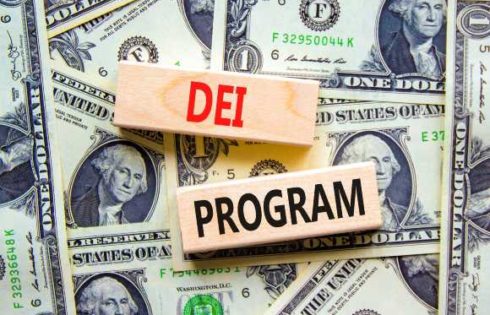
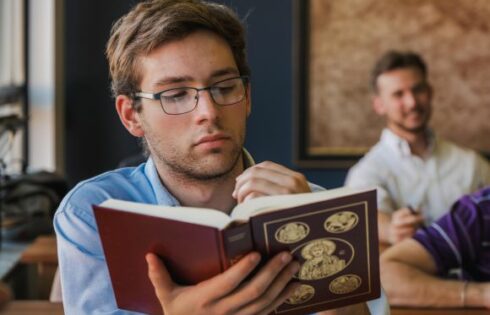
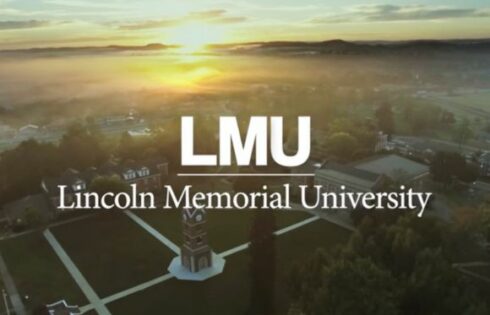
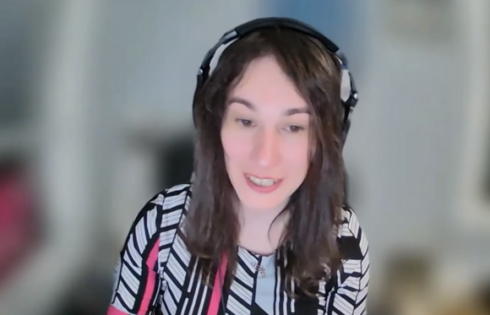
Please join the conversation about our stories on Facebook, Twitter, Instagram, Reddit, MeWe, Rumble, Gab, Minds and Gettr.